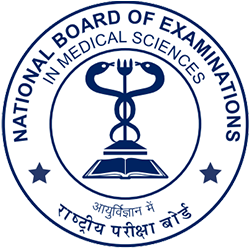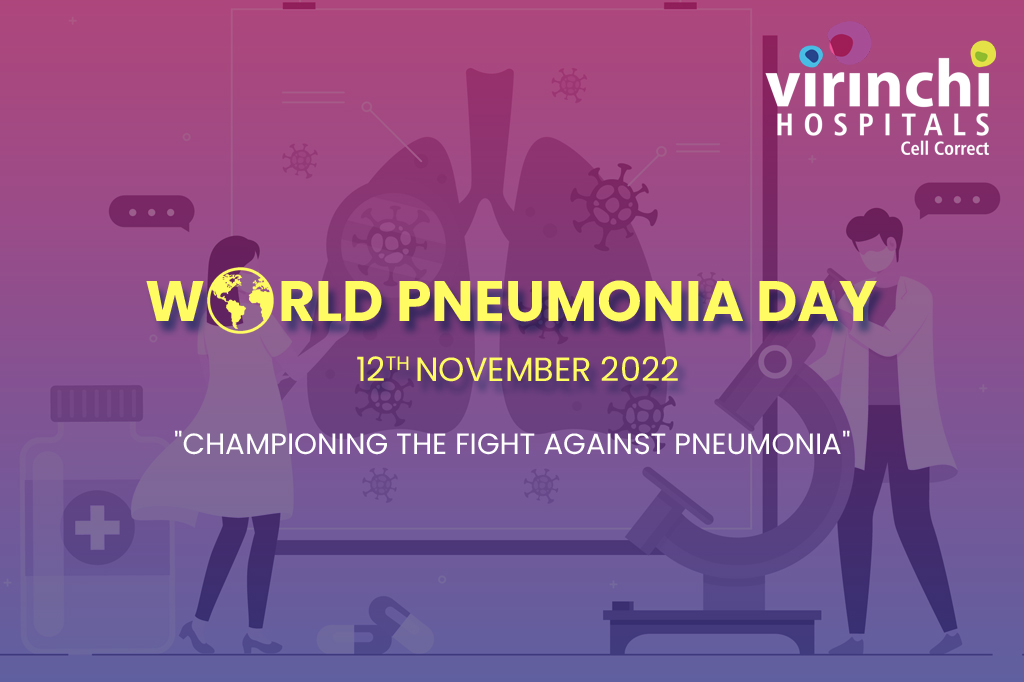- Pneumonia is an infection of our lungs.
- Infections are commonly viral and bacterial, but fungal and tuberculosis can also causepneumonia.
- Common symptoms are moderate to high grade fever, cough with or without phlegm, breathingdifficulty and chest heaviness.
- Sometimes blood mixed phlegm or frank blood on coughing can also be present.
- These symptoms usually start suddenly.
- All age groups and both genders can be affected.
- Elderly persons, those with other health conditions like diabetes, chronic heart, lung and kidney disease, alcoholics and immunocompromised persons are at greater risk of developing pneumonia complications.
- The two main complications of pneumonia are respiratory failure requiring mechanicalventilation, sepsis and septic shock.
- Diagnosis of pneumonia requires a chest x-ray, CT chest and examination of phlegm.
- In selected cases, a Bronchoscopy may be necessitated.
- Antibiotics are the mainstay of treating pneumonia.
- Timely diagnosis, and a proper course of right antibiotics affects cure in the majority of patients.
- Following hand hygiene and avoiding crowded places especially by those having other health conditions, helps prevent pneumonia.
- Annual influenza vaccine and the pneumococcal vaccine are important in preventing pneumonia, and should be taken as advised by your physician.





